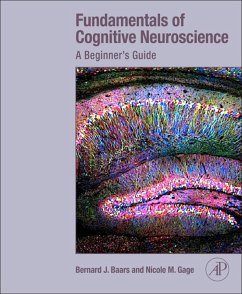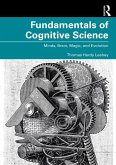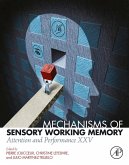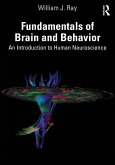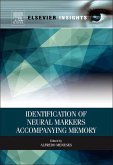Dieser Download kann aus rechtlichen Gründen nur mit Rechnungsadresse in A, B, BG, CY, CZ, D, DK, EW, E, FIN, F, GR, HR, H, IRL, I, LT, L, LR, M, NL, PL, P, R, S, SLO, SK ausgeliefert werden.
"This introductory text offers a comprehensive and easy-to- follow guide to cognitive neuroscience. Chapters cover all aspects of the field.in a student-friendly format with extensive pedagogy and ancillaries to aid both the student and professor. Throughout the text, case studies and everyday examples are used to help students understand the more challenging aspects of the material. Written by two leading experts in the field, the text takes a unique thematic approach, guiding students along a clear path to understand the latest findings whether or not they have a background in neuroscience." --Doody.com, April 24, 2013
"Fundamentals of Cognitive Neuroscience: A Beginner's Guide should be widely used as the required text in focused cognitive neuroscience courses taught at the undergraduate level. Additionally, the information it contains will likely be of use to those professors teaching a variety of psychology and biology elective courses and should be consulted for applicable reading material due to its clarity and style." --MedicalScienceBooks.com (2012)
"This introductory text offers a comprehensive and easy-to-follow guide to cognitive neuroscience. Chapters cover all aspects of the field - the neural framework, sight, sound, consciousness, learning/memory, problem solving, speech, executive control, emotions, socialization and development - in a student-friendly format with extensive pedagogy and ancillaries to aid both the student and professor. Throughout the text, case studies and everyday examples are used to help students understand the more challenging aspects of the material. Written by two leading experts in the field, the text takes a unique thematic approach, guiding students along a clear path to understand the latest findings whether or not they have a background in neuroscience." --MedicalScienceBooks.com
"There was a lot of ambiguity in the previous texts that I used for my undergraduate cognitive neuroscience course. There was so much waffling between positions and opinions in the other books that it was hard for beginning students to get a handle on basic concepts. Overall the student feedback was quite poor. I think the new Baars/Gage Fundamentals of Cognitive Neuroscience book is much more straight forward and to the point with the concepts." -- Michael S. Cannizzaro, Ph.D., CCC-SLP, University of Vermont

